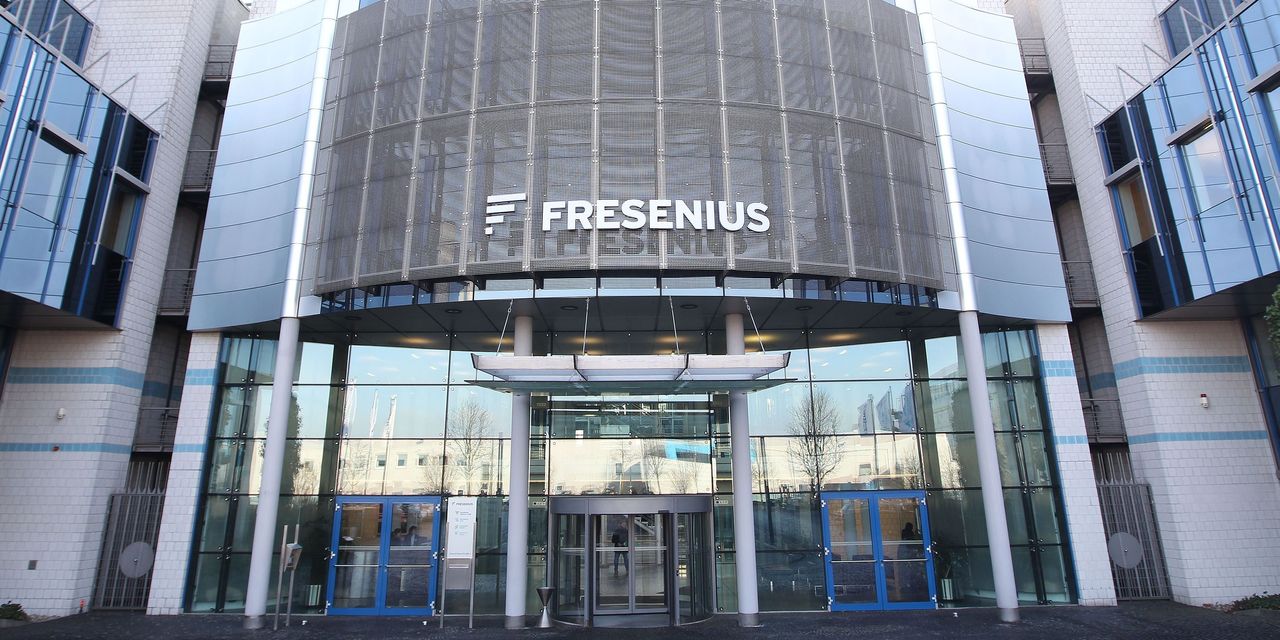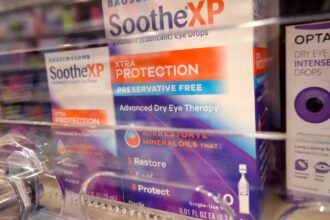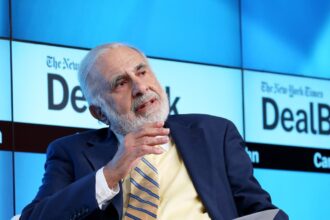The trial success of Novo Nordisk’s hit drug against kidney failure sent shares of kidney dialysis services firms plummeting on Wednesday.
Fresenius Medical Care’s stock
FME,
FMS,
slumped as much as 24%, and shares of its part owner Fresenius
FRE,
lost as much as 13%, after Novo Nordisk halted a trial of semaglutide versus placebo on the progression of renal impairment in people with Type 2 diabetes and chronic kidney disease early because of its efficacy.
DaVita’s shares
DVA,
slumped by 19% to put them on track for the biggest one-day percentage decline since Oct. 28 of 2022, when they fell 27%.
Baxter International
BAX,
which is planning to spin off its kidney care division, fell 9%, putting it on track for its lowest close since Oct. 19, 2015, when it closed at $34.02.
Intuitive Surgical Inc.
ISRG,
which makes robotic systems for minimally invasive surgery, including for kidney blockage, was down 6%. Boston Scientific Corp.
BSX,
which makes medical devices for kidney issues, was down 6%.
Novo Nordisk’s shares
NOVO.B,
NVO,
jumped 4% in Copenhagen trade. The Danish drugmaker is the second-largest company in Europe by market cap, trailing only Nestlé, heading into the day.
“We see kidney disease as one of the areas where GLP-1s could potentially negatively impact the size of the relevant patient population over time,” said analysts at Citi led by Veronika Dubajova. “The early stopping of the FLOW trial indeed suggests such an impact; it also points to a somewhat faster effect than we had previously contemplated.”
GLP-1 refers to the class of drugs used for diabetes and weight loss. Eli Lilly
LLY,
has similar drugs in the trial stage, and the two companies are expected to dominate the market for them.
GLP stands for glucagon-like peptide. The drugs work by mimicking the effect of GLP-1, a gut hormone that can help control blood-sugar levels and reduce appetite.
Novo Nordisk’s Ozempic is the GLP-1 drug specifically for patients with Type 2 diabetes. The trial was of 3,534 people with Type 2 diabetes, with a median age of nearly 67 years, two-thirds of whom were at very high risk for chronic kidney disease progression.
The Danish drugmaker said it remains blinded to the results of the trial until it is completed, which is expected in the first half of 2024.
The already-popular weight-loss drugs are expected to grow to an audience of 24 million, or nearly 7% of the overall U.S. population, in the next decade, according to a Morgan Stanley note from August.
Read now: As Ozempic/Wegovy frenzy continues, Morgan Stanley lifts forecasts for weight-loss drugs to $77 billion
For more, read: The dark side of the weight-loss-drug craze: eating disorders, medication shortages, dangerous knockoffs
Related: Ozempic and Wegovy aren’t affecting PepsiCo’s business much — but this growing trend is
Read the full article here










